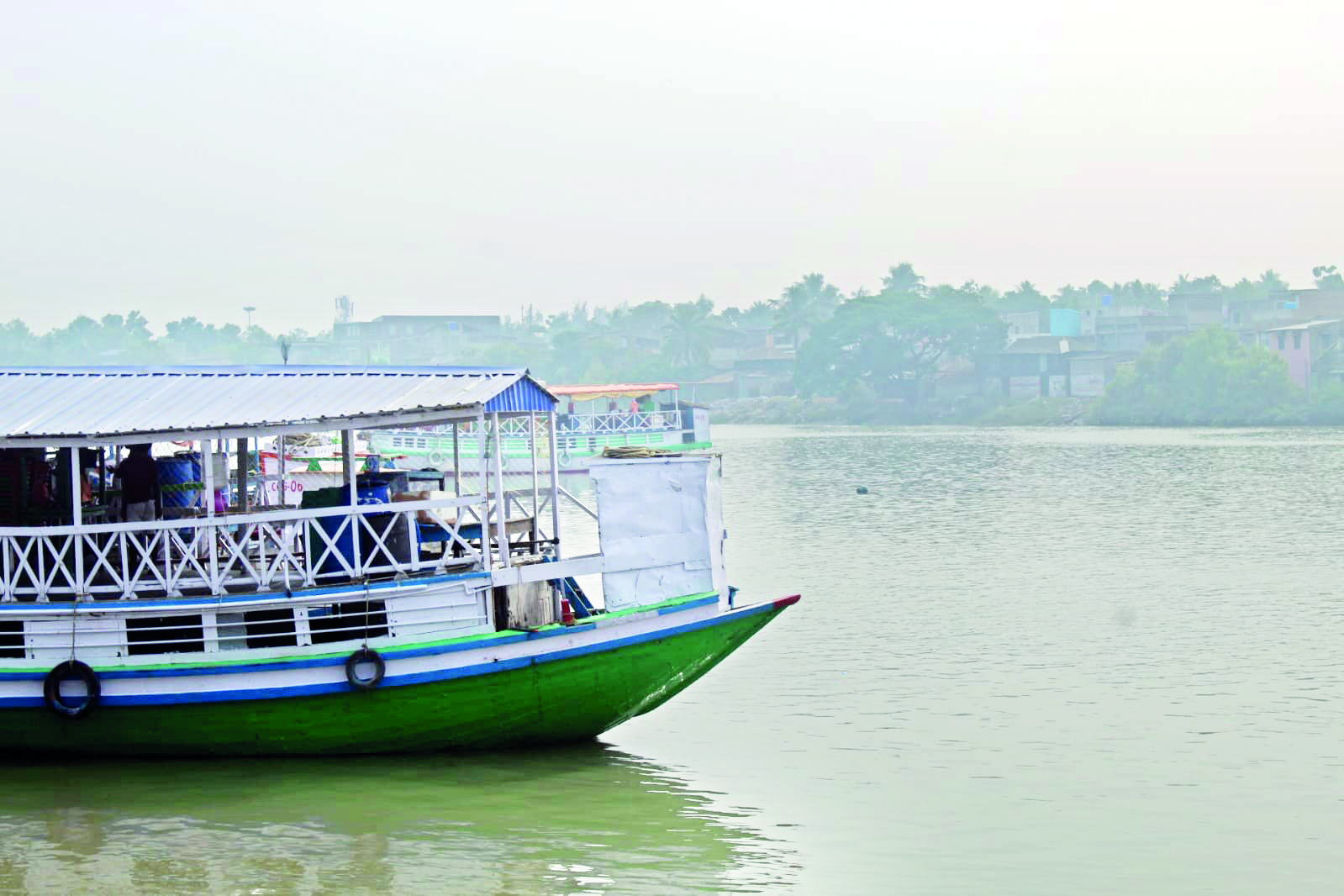Sunderbans: State initiates 3-pronged strategy to combat salinity threat

Kolkata: The state Irrigation and Waterways department has undertaken a three-pronged approach to tackle the issue of salinity affecting agriculture and pisciculture in Sunderbans.
During heavy rainfall, high tides or cyclones, stopping the ingress of saline water from rivers into the villages has been a major problem for the state government.
“Harvesting of water, buildings of embankments to stop ingress of saline water and rejuvenation of rivers flowing from north to the Sunderbans so that fresh water can sneak in and reduce salinity have been taken up side by side by the department,“ Prabhat Kumar Mishra, additional chief secretary of state Irrigation and Waterways department said addressing a programme to mark 50 years of West Bengal State Pollution Control Board on Tuesday.
Mishra informed that his department has excavated creeks up to 700 km in Sunderbans which were affected by siltation and which has already shown signs of injection of more options in aquaculture. Freshwater giant prawn cultivation has started in the creeks opening up an avenue of livelihood enhancement for the fishermen in the archipelago.
The department has adopted nature-based solutions for building embankments that include the creation of a mangrove shield. The tetrapod technology adopted from the Netherlands has already shown positive results in Sagar Islands and beaches are emerging there. In connection with the rejuvenation of rivers, the department is striving to connect the Mathabhanga and Jalangi rivers to Padmaw which is expected to pave the way for fresh river water flow to Sunderbans. “This will not only serve Sunderbans in Bengal but also will help neighbouring Bangladesh with a major part of the mangrove forest being located there,“ Mishra added.
Kalyan Rudra, chairman of WBPCB said that the Board is working hard to motivate the student community to become volunteers in combating the effects of pollution.
Professor Purnamita Dasgupta, Professor and Head, Environmental & Resource Economics Unit, Institute of Economic Growth, New Delhi delivered an insightful session on “The Economics of Climate Change: Cost Benefits and Trade-offs,” exploring the crucial balance between economic growth and environmental sustainability while Sayantan Sarkar of World Bank spoke on tackling Air Quality in the Indo-Gangetic Plain at the event.



